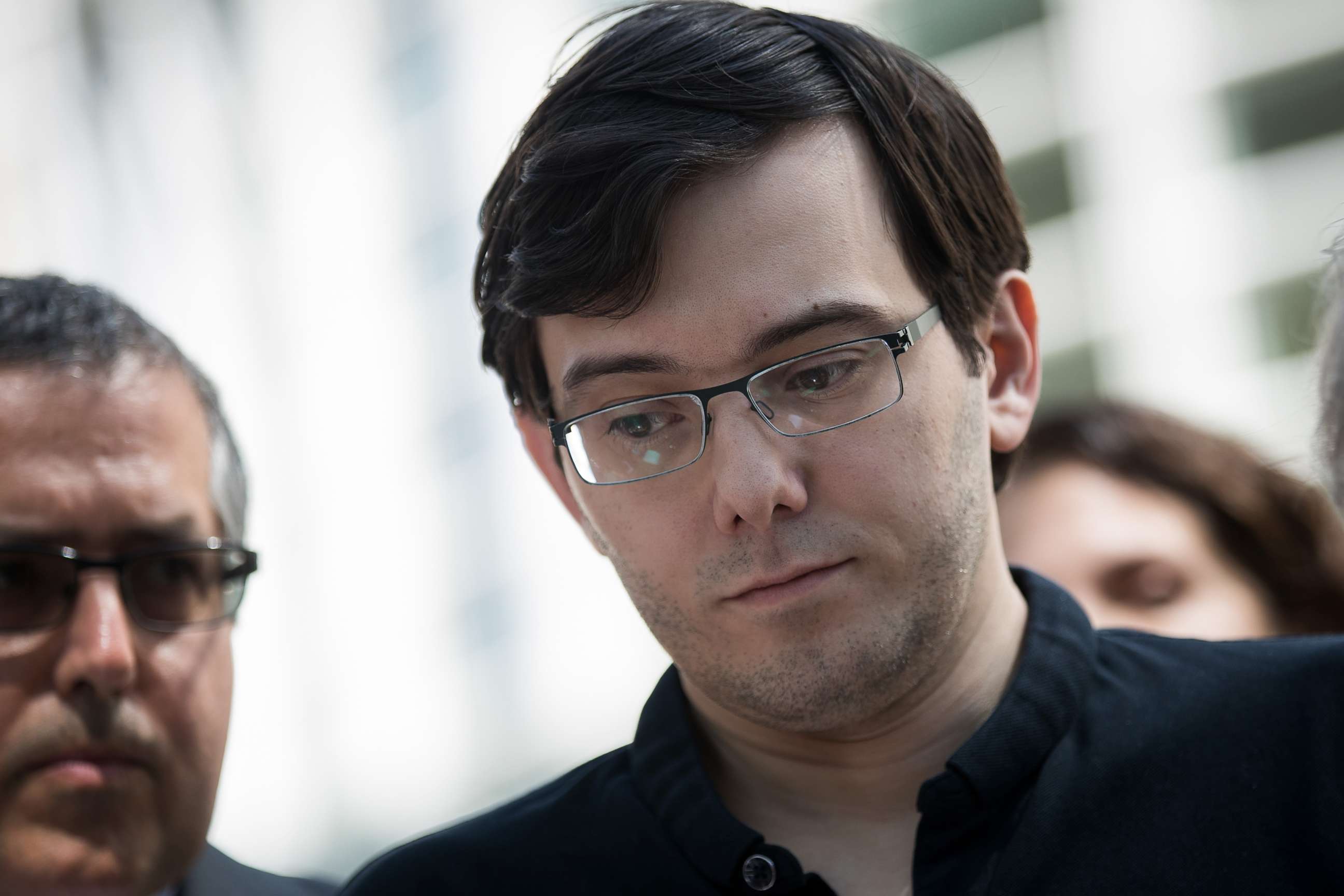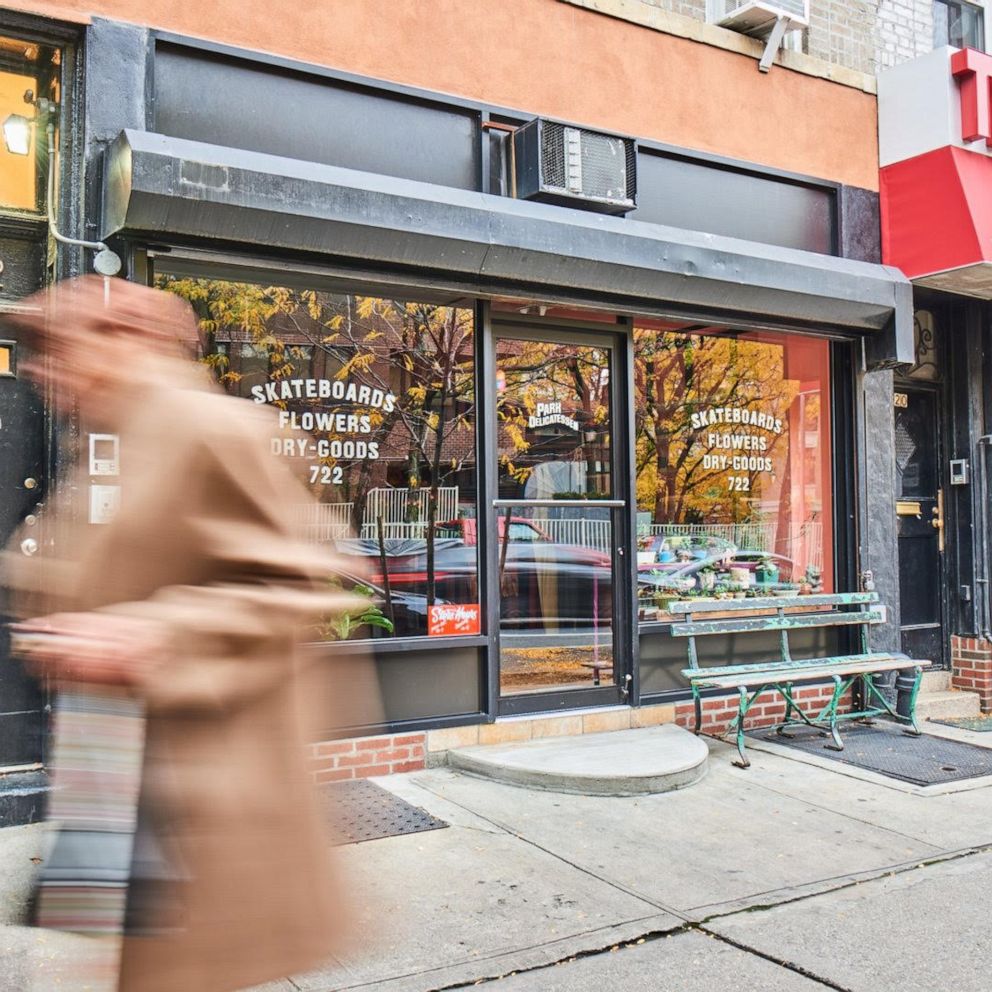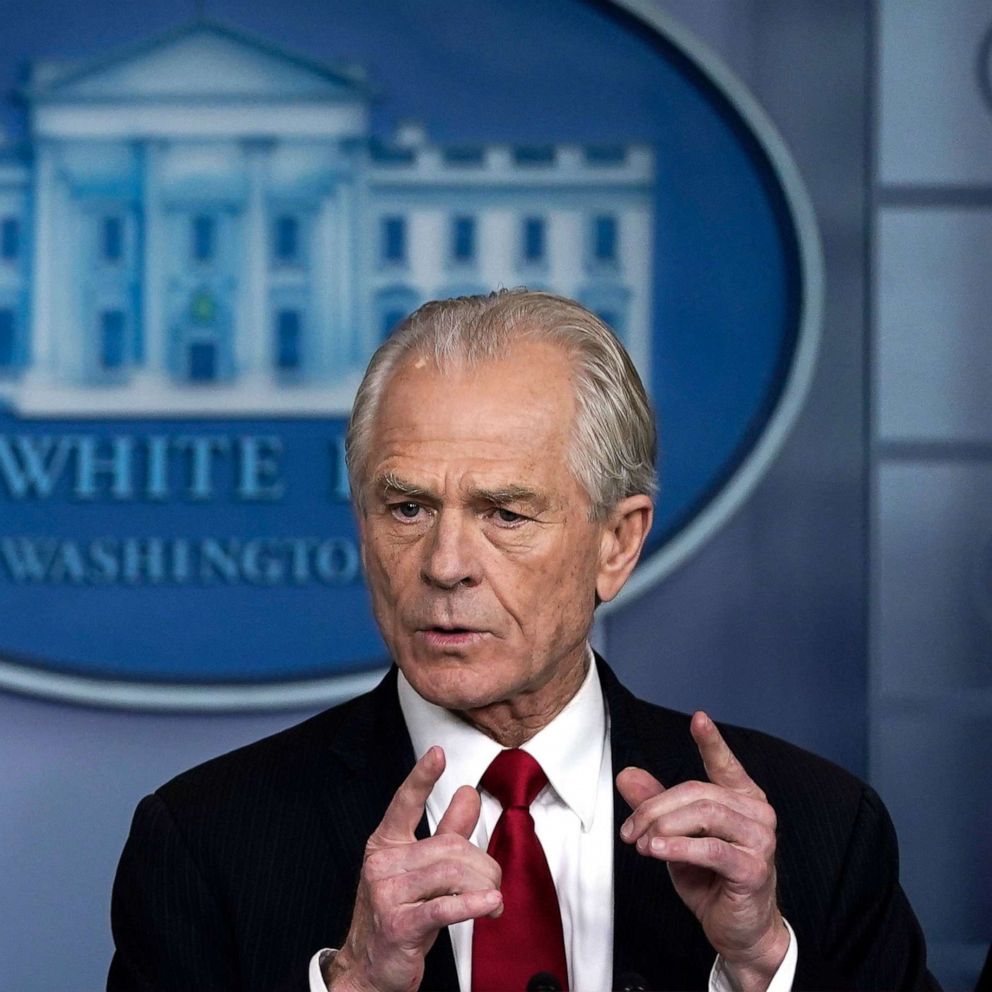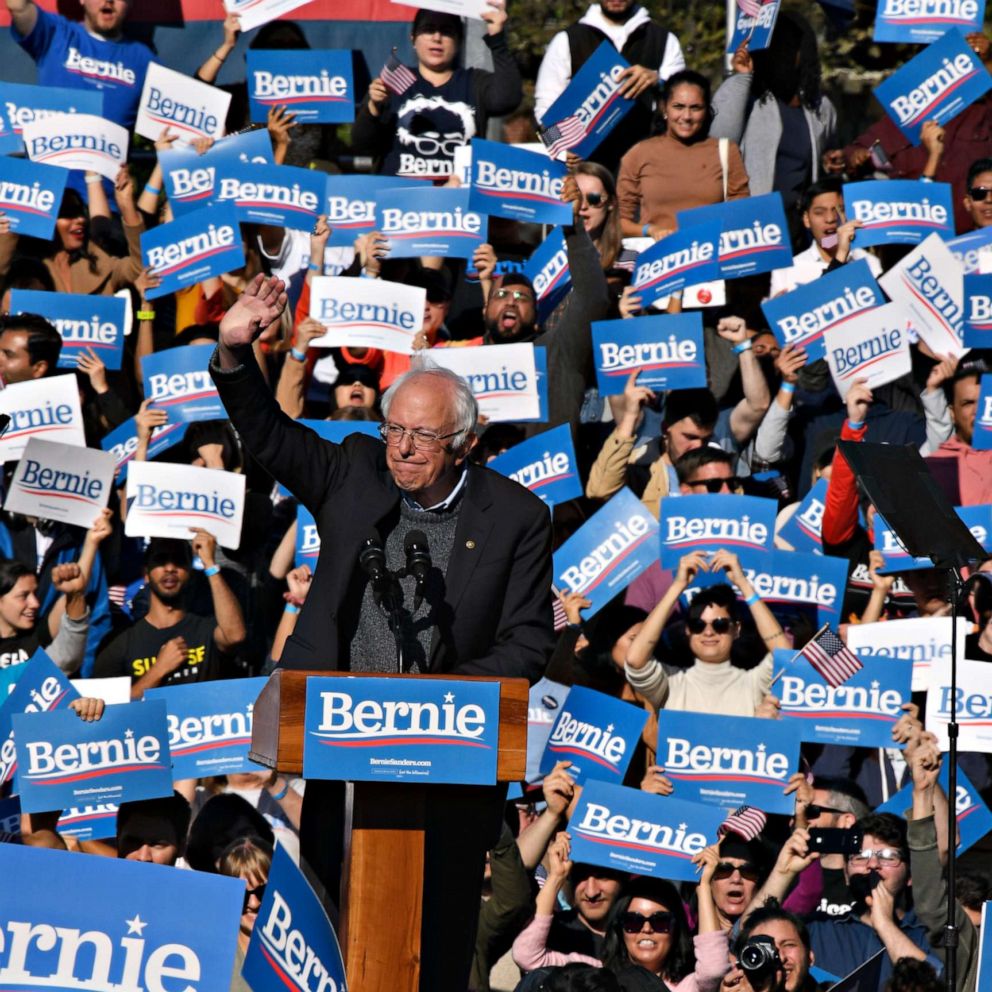'Pharma Bro' Martin Shkreli denied prison release to research cure for COVID-19
The former pharmaceutical company CEO was convicted of securities fraud.
A federal judge has rejected a request from Martin Shkreli, the infamous "Pharma Bro" fraudster, for a compassionate release from prison to work on a cure for coronavirus.
U.S. District Court Judge Kiyo Matsumoto issued her ruling on Saturday, siding with federal prosecutors and probation officials who urged her to rebuff the 37-year-old Shkreli's petition, which they described in court documents as the type of "delusional self-aggrandizing behavior” that got him a lengthy sentence in the first place.
“The court does not find that releasing Mr. Shkreli will protect the public, even though Mr. Shkreli seeks to leverage his experience with pharmaceuticals to help develop a cure for COVID-19 that he would purportedly provide at no cost," Matsumoto wrote.
Matsumoto wrote that the probation department was skeptical of Shkreli's claim that he could develop a cure for COVID-19 that has "so far eluded the best medical and scientific minds in the world working around the clock.”
"In any event, Mr. Shkreli’s self-described altruistic intentions do not provide a legal basis to grant his motion," Matsumoto wrote.

Matsumoto is the same Brooklyn, New York, judge who sentenced Shkreli in 2018 to 84 months in prison and made him forfeit more than $7 million after a jury found him guilty on multiple counts of securities fraud. Shkreli has served less than half of his sentence.
In his request, Shkreli also argued that he is at a higher risk of contracting the virus because as a child he had asthma, although he presented no documented evidence he still suffers from the respiratory disease.
The judge noted that the low-security Allenwood Low Federal Correctional Institution in Pennsylvania currently has no confirmed cases of COVID-19.
Shkreli, according to the judge's decision, "has not proven himself to be at any increased risk of catching COVID-19 at FCI Allenwood Low."
"Second, [the] defendant has not demonstrated that a current medical condition places him at increased risk for significant complications from the virus," Matsumoto wrote, adding that Shkreli only suffers from seasonal allergies.
In his petition, Shkreli asked to be released to his fiancee's apartment in New York City, where more than 189,000 people have been infected with the coronavirus and more than 15,000 confirmed deaths have been reported.
Shkreli initially filed a request for compassionate release in March but was denied by the prison warden. He appealed the decision to the U.S. District Court in the Eastern District of New York.
Shkreli, who first became infamous for hiking the price of a lifesaving HIV drug from $13.50 a pill to $750 a pill, was indicted along with co-defendant Evan Greebel in 2015 on multiple securities fraud charges linked to health care-heavy hedge funds MSMB Capital Management and MSMB Healthcare Management. A superseding indictment in 2016 charged Shkreli and Greebel with additional fraud charges tied to the biopharmaceutical company Retrophin, Inc.
Shkreli and Greebel, prosecutors said, conducted long-running schemes in which they used bogus information that defrauded investors in their hedge funds and looted their biopharmaceutical company of more than $10 million to pay back disgruntled investors. Greebel, who was convicted of conspiracy to commit wire fraud and conspiracy to commit securities fraud, was sentenced to 18 months in prison in August 2018 and is now on supervised release.
At the time of Shkreli's sentencing, Matsumoto said the former drug company CEO had minimized his criminal conduct and engaged in an "egregious multitude of lies."
In her decision to deny Shkreli's compassionate-release request, Matsumoto recalled that Shkreli's sentence was partly "imposed to afford adequate deterrence to criminal conduct."
"A sentence of 84 months was deemed necessary to reflect the seriousness of the offense, promote respect for the law, and deter future criminal conduct, given the defendant’sdisregard for the law," Masumoto wrote. "Reducing Mr. Shkreli’s sentence by half would not further the goals."
What to know about the coronavirus:
- How it started and how to protect yourself: Coronavirus explained
- What to do if you have symptoms: Coronavirus symptoms
- Tracking the spread in the U.S. and worldwide: Coronavirus map
Tune into ABC at 1 p.m. ET and ABC News Live at 4 p.m. ET every weekday for special coverage of the novel coronavirus with the full ABC News team, including the latest news, context and analysis.







